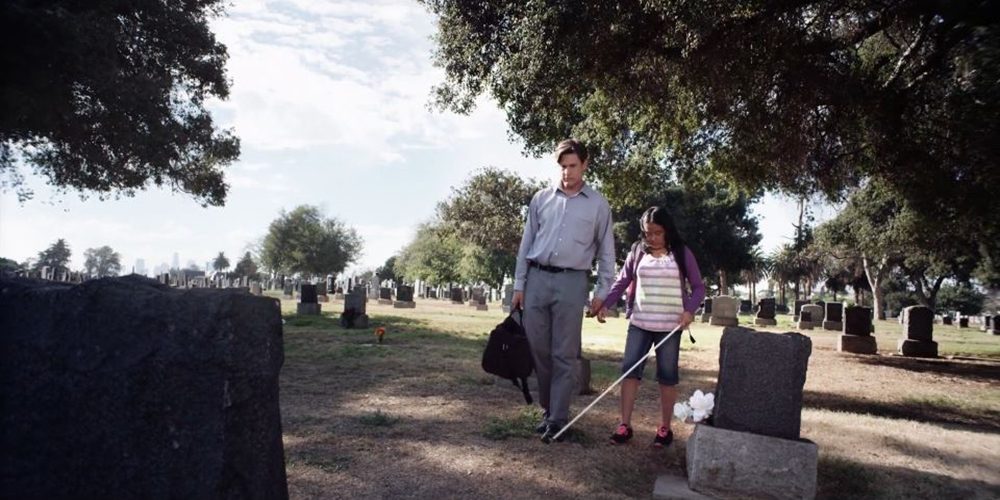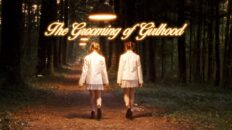“I have discovered that most people have no one to talk to, no one, that is, who really wants to listen. When it does at last dawn on a man that you really want to hear about his business, the look that comes over his face is something to see.” ― Walker Percy, The Moviegoer
***
There are no comprehensive statistics on how many independent films are made each year. We can begin to get a sense by looking at statistics from the Sundance Film Festival, where in 2017 2,367 films were submitted and 225 accepted to be screened. Most film critics will watch a few hundred films per year, the large majority of these being from the major motion picture industry or film festivals like Sundance, and the average film viewer will watch much less than that. That means that the vast majority of independent films will find a very small audience. If they’re lucky, they might get picked up by a streaming provider or gain some traction on Amazon, but even that leaves thousands of films without any practical form of distribution. This is all in an age where complaints and criticisms about major studios rightly note a lack of new voices and originality, focusing on sequels, remakes, reboots, and shared universe properties.
I had the opportunity to screen one such independent film recently, Opus of an Angel, which won a few honors at this year’s Hollywood Weekly Magazine Film Festival, including Best Male Lead and Best Casting Director. The film is a familiar story with shades of It’s a Wonderful Life and is made with an obvious passion and love of film, nodding to classics like Singing in the Rain and the work of Buster Keaton.
What stands out is the measured performance by long-time character actor William McNamara as Stephen, a surgeon who is dealing with depression and ready to commit suicide. The sense of pain and loss is palpable in his performance, even, and maybe especially in contrast to his young co-star, Kaylynn Kubeldis. Kubeldis is truly amazing as Maria, a young, blind girl who stumbles across Stephen’s path. It’s rare to see such an authentic, believable performance from child actors in major motion pictures, let alone a low budget independent film, but Kubeldis carries much of the film’s weight along on her shoulders and matches McNamara line-for-line and scene-for-scene. It’s also worth noting that while some recent popular film and TV shows like Rogue One and Netflix’s Daredevil have prominently featured blind characters, the actors portraying them have not been blind. In this way, Kubeldis shines as well–not for being able to act despite being blind, but doing the job as a person who also happens to be blind.
As Stephen assists getting Maria home and shares the day with her, his emotional state and viewpoint on the world–his world–begins to shift. The film may be light on budget and special effects, but it makes good use of simple editing and getting the most out of its performers, ultimately crafting a moving meditation on loss, grief, moving on, and the power of healing in helping others.
Not all independent films are worth taking the time to discover and view, but as a palette cleanser from over-polished, over-produced, over-marketed major releases, they can bring a form of inspiration themselves. Stories don’t need to be perfect or have “star power” or a huge budget to be meaningful. Storytellers and filmmakers working outside the system can give voices to their tales and be proud of their work. And sometimes, however improbably, and even if small, they can find an audience who really wants to listen.








